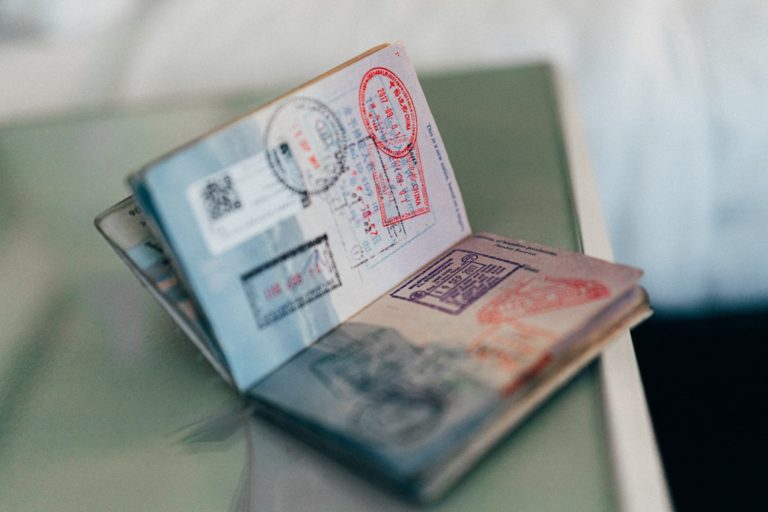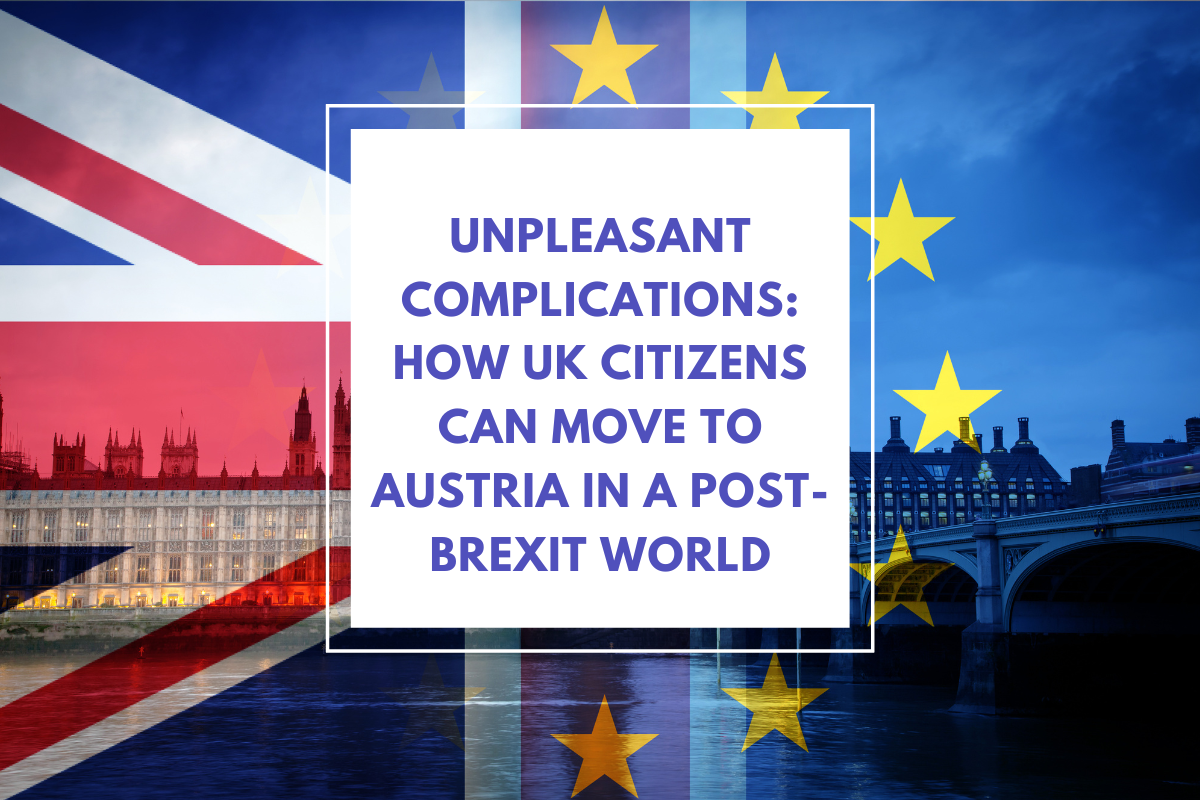Unpleasant complications: How UK CITIZENS CAN MOVE TO AUstria in a POST-Brexit world
Brexit has greatly affected UK citizens, especially those who wish to reside and work in the EU. Moving to an EU member state has become more complex due to new rules and regulations. However, UK citizens who aspire to live in Austria still have an opportunity to do so. This blog post provides guidance on moving to Austria and clarifies immigration rights post-Brexit.
Entering the EU
As non-EU citizens, UK citizens are now required to apply for a residence permit if they wish to live and work in Austria. They can visit Schengen countries like Austria for up to 90 days (within 180 days). But the duration and purpose of their stay determine the type of residence permit they require.
Residence Permits
A residence permit allows a person to live and work in Austria for an extended period, with access to public services. Different residence permits exist depending on the reason for wanting to live in Austria. For example, such reasons could include studying, working, joining family, or retirement. UK citizens can submit their applications for a residence permit via the Austrian embassies in the UK or directly to the local authorities while still within the 90-day entitlement. However, filing an application does not guarantee the right to stay beyond the 90-day limit. If the authorities take longer to process the application, the applicant may have to leave the Schengen area. Accordingly, they may have to await the outcome abroad.
Work Permits
Please note that not all residence permits allow a person to work. To work in Austria, one may also require a work permit or additional governmental authorization. Often, employers can obtain a work permit or a combination of residence and work permit (e.g., a Red-White-Red-Card) on behalf of their employees. Self-employed individuals can apply for a business permit.
Language proficiency
To live and work in Austria, a good understanding of the German language is essential. Many employers require a certain level of German proficiency from their employees. Immigration regulations often require a minimum of level A1 in German. This can be substituted with certain qualifications.

Housing and Healthcare
Applicants must also arrange for housing and healthcare. In Austria, having health insurance is compulsory, either through the public health system or a private insurer. Although presenting coverage by a private health insurer in the UK may be possible, Austrian authorities may request additional confirmations.
Taxation
UK citizens must understand how their income will be taxed in Austria post-Brexit and whether they qualify for tax credits or exemptions. While Law & Beyond does not provide tax advice, we can connect you with tax professionals from our network.
How Law & Beyond Can Help
As immigration lawyers based in Vienna, we regularly assist UK citizens. Contact us today to develop the best strategy for your future in Austria together.



